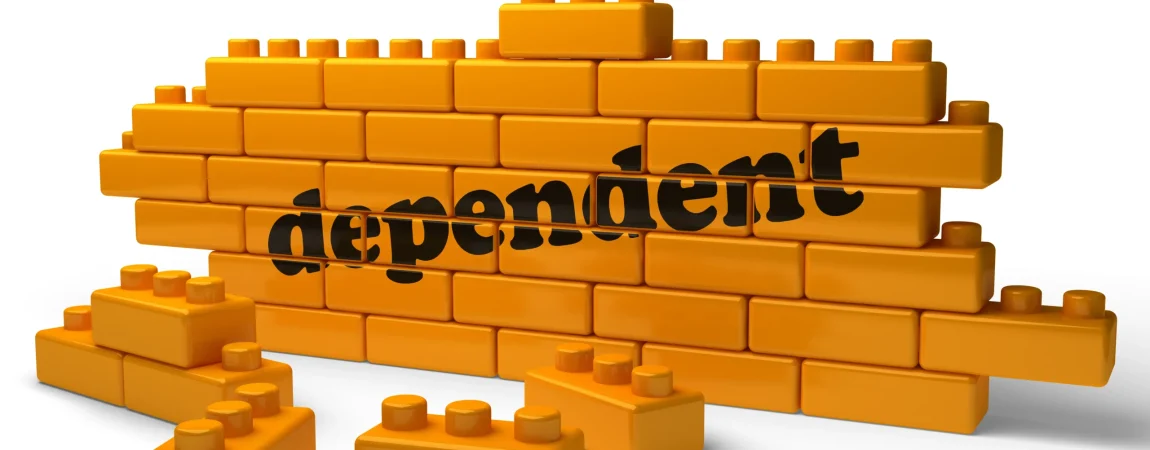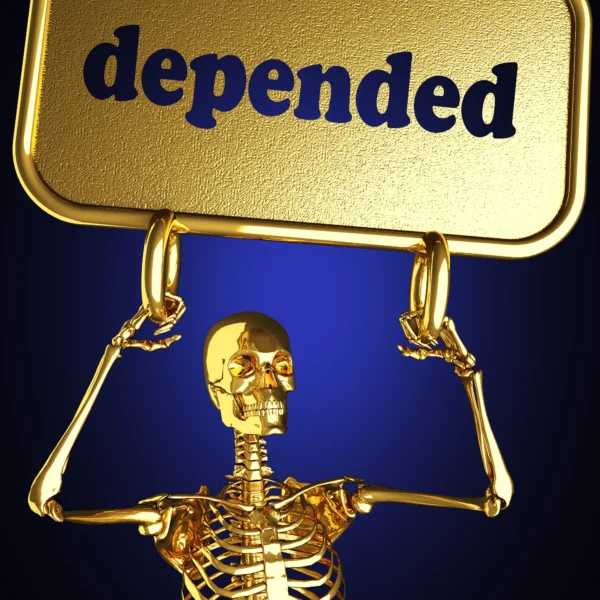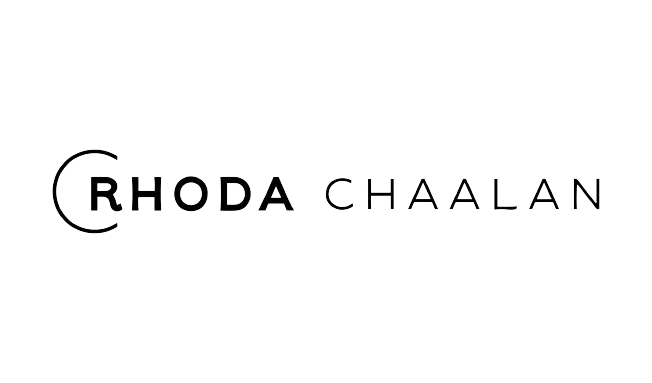Understanding the 5 Stages of Entitlement for Breaking the Cycle of Dependence
Understanding the 5 Stages of Entitlement for Breaking the Cycle of Dependence
Dependency is a tricky issue that can occur when we help individuals in need. While it is critical to provide assistance, we must ensure that it is done in a way that fosters self-sufficiency rather than perpetuating entitlement. These difficulties were excellently highlighted in a great book that I personally read and highly recommend. Robert Lupton’s book, “Toxic Charity,” describes the five phases of entitlement that can lead to dependency. In this blog, I will briefly go into these stages and explain how to break the cycle of Dependency. The following is a summary that I believe everyone should know and be familiar with.

- Appreciation: The first stage of entitlement is appreciation. When we give something to someone in need, they are likely to appreciate the gesture. However, if we continue to give to the same person or group, they may begin to anticipate it.
- Anticipation: The second stage of entitlement is anticipation. When we give something for the second time, the recipient may begin to anticipate receiving it again. This creates an expectation that the assistance will continue.
- Expectation: The third stage of entitlement is expectation. When we give something for the third time, the recipient now has an expectation that the assistance will continue. They may even begin to rely on it.
- Entitlement: The fourth stage of entitlement is entitlement. When we give something for the fourth time, the recipient may begin to feel entitled to the assistance. They may not appreciate it as much and may even demand it.
- Dependency: The final stage of entitlement is dependency. When we continue to provide assistance to someone who feels entitled to it, they may become dependent on it. This can lead to a cycle of dependency that is difficult to break.
 I believe it’s imperative to discern between providing temporary relief and cultivating a culture of entitlement. We should strive to offer assistance that empowers and fosters self-sufficiency, rather than perpetuating a cycle of dependency.
I believe it’s imperative to discern between providing temporary relief and cultivating a culture of entitlement. We should strive to offer assistance that empowers and fosters self-sufficiency, rather than perpetuating a cycle of dependency.
Dependency presents a multifaceted challenge when extending assistance to those in need. Robert’s delineation of the five stages of entitlement offers insight into how dependency can develop. It’s imperative to provide support in a manner that encourages self-reliance, steering clear of instilling entitlement. This approach enables us to disrupt the dependency cycle, empowering both individuals and communities to flourish.
Rhoda Chaalan


